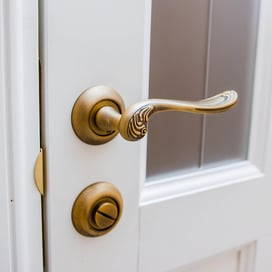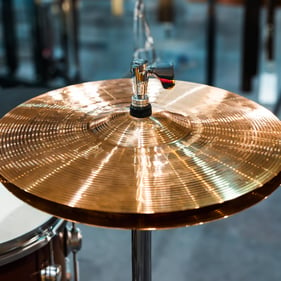
on March 29, 2024 | 5 min. read


In the world of metals, brass and bronze are often confused as the same thing. But while both are copper alloys with rich histories and impressive versatility, they each have their own unique traits that affect how they perform, last, and even look.
As your trusted metal advisor, Mead Metals is here to clarify the differences between brass and bronze once and for all. Whether you want to understand their individual strengths or pick the right material for your next project, this blog will give you the insider info you need.

First up, let's break down the makeup and key features of brass, a trusted friend to metalworkers everywhere.
Brass is a copper-zinc alloy, meaning it's made by combining copper with zinc in different proportions. The more zinc, the stronger and easier it is to work with (think bending and shaping). Common ratios include:
The zinc percentage also affects the color. More zinc gives a dull yellow tone, while less zinc leans towards a reddish hue.

Beyond its signature golden shine, what makes brass unique? Here are some key features:
From plumbing fittings to ammunition casings, brass offers the perfect balance of formability, strength, and corrosion protection, making it a go-to material for countless applications.
Just like brass, phosphor bronze takes copper as its base, but with a special twist that unlocks unique properties. Let's dive into what sets this copper alloy apart.
Phosphor bronze is a three-ingredient recipe:
This special combination gives phosphor bronze properties that make it perfect for electrical, mechanical, and even marine applications.

Compared to regular bronze and brass, here's what makes phosphor bronze stand out:
The unique combination of tin and phosphorus gives phosphor bronze remarkable wear resistance, making it ideal for cymbals and bushings while also excelling as an electrical conductor. It's a truly versatile material!
Now that you have a deeper understanding of brass and phosphor bronze's unique strengths, you can confidently choose the right material for your specific project and environment.
At Mead Metals, we're your one-stop shop for all your brass, bronze, and other metal needs. With over 50 years of experience, we offer more than just materials — we provide comprehensive solutions:
Don't just buy metal, buy expertise. Download our comprehensive guide to buying metal products and unlock valuable insights from the industry leaders at Mead Metals!
